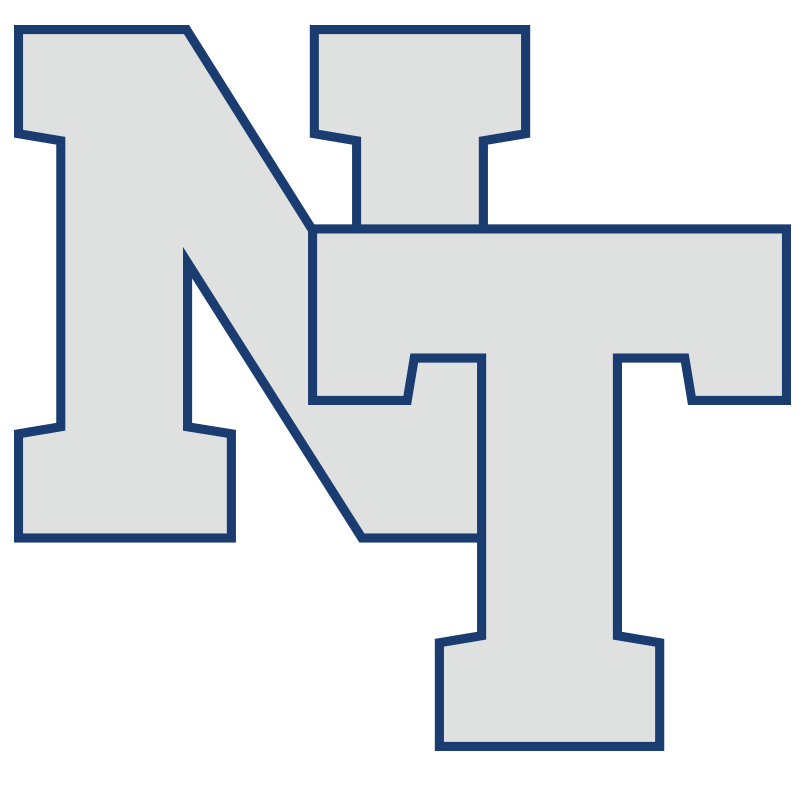HEALTH ASSISTING
The Health Care is a growing industry. Excellent employment opportunities exist for candidates with the desire to care for others. Students in the Health Assisting Program learn about human behavior and development from birth to end of life, geriatrics, nursing assistant skills, nutrition, and computerized record keeping. Basic introductory skills such as vital signs, communication skills, teamwork, safety, infection control, medical terminology, anatomy and physiology, as well as certifications in Alzheimer’s Care, BLS for Healthcare Providers, Responding to Emergencies, and completion of the pre-care certification portion of the CNA program are all covered in the first two years. In junior year, the goal is to prepare students to perform the fundamental skills of a nursing assistant. The program includes knowledge and principles of asepsis, OSHA and HIPAA regulations. Ethical behaviors, cultural sensitivity and principles of mental health are addressed as well as patient/resident rights. Students may sit for the Certified Nurse’s Assistant (CNA) exam by the end of their junior year. Successful completion of the exam earns students an industry recognized credential and the opportunity to be employed as a CNA. Senior year the student is eligible for cooperative placement, externship or training in medication administration and more. Our students train at the school in the clinical and simulation lab and in the classroom with the most up to date equipment available including electronic hospital beds, EKG machines and 1:1 Chromebooks. Off-site clinical settings include long term care/rehabilitation centers, assisted living facilities, specialized memory care units and acute care hospitals as well as daycares and other facilities.
The program provides an excellent foundation for students who wish to pursue post-secondary education in nursing, physical therapy, occupational therapy, medical records, radiology, medical assisting, phlebotomy, and emergency medical services. As stated graduates can work in hospitals, nursing homes, ambulance services, private homes, assisted living facilities, medical walk-in clinics, private practice and physician’s offices and more. By graduation, students have the potential to earn up to eight certifications in this technical area in addition to his/her diploma.
Students take Chemistry in Grade 11, and Anatomy and Physiology or AP Biology in Grade 12. Psychology and Sociology are also recommended.
Technical Courses
Career Exploration (100) – 18 Credits
Health Assisting 9 (298) -12 Credits
Health Assisting 10 (387) – 24 Credits
Health Assisting Theory 10 (287T) – 5 Credits
Health Assisting 11 (292) – 34 Credits
Health Assisting 11 Theory (292T) – 5 Credits
Health Assisting 12 (295)– 34 Credits
Health Assisting 12 Theory (295T) – 5 Credits
